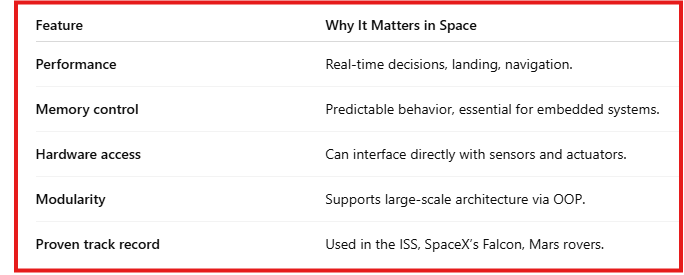Title: Empowering Global Citizenship Through Online Education
In this rapidly evolving technological age, digital education has emerged as a major catalyst in promoting global citizenship. With online education transcending geographical boundaries and time zones, learners can gain exposure to diverse cultures, perspectives, traditions, and values worldwide. This striking feature has positioned online learning as an effective instrument in fostering global citizenship education (GCED), a crucial element in creating a more inclusive, peaceful, and sustainable world.
At the heart of GCED is the empowerment of learners to recognize their roles in the world as global citizens. It involves cultivating knowledge, understanding, skills, values, and attitudes to build a better world. Here, online education is not merely a tool for skill acquisition, but a transformative force that broadens learners’ horizons and fosters cross-cultural understanding. With global themes integrated into the curriculum, learners can better understand global issues and interdependencies.
A significant aspect of online education that supports GCED is its ability to democratize education. Previously, quality education was a privilege of those residing in the developed world, but the online revolution has made it accessible to every individual with an internet connection. Consequently, learners from different corners of the world can equally access world-class educational content and effectively participate in the global narrative.
Furthermore, online education platforms, with their vast resources, facilitate understanding of global context and interconnectedness. Topics such as climate change, human rights, sustainable development, and global health are seamlessly integrated into online courses, promoting a sense of global responsibility among learners. This awareness and sense of shared responsibility are pivotal to creating active global citizens capable of playing a part in resolving these pressing issues.
Learners in online education benefit from interacting with diverse peers and instructors from around the globe, fostering a multicultural learning environment. Such interactions enhance cultural sensitivity, facilitate broader understanding and appreciation of different cultures, thereby inspiring learners to respect, accept, and appreciate diversity. Equipping students with these values contribute to promoting peace and tolerance, two key virtues of global citizenship.
Moreover, online education offers opportunities for collaborative learning and problem-solving exercises that imitate real-world scenarios. Students, through virtual teams, learn to negotiate cultural, linguistic, and social differences, thereby developing communication and collaboration skills imperative for global citizenship.
Beyond the interaction and collaboration, online education nurtures critical thinking, one of the central objectives of GCED. The digital learning space offers myriad resources that learners can utilize to think critically about global challenges, form independent opinions, and devise innovative solutions.
In conclusion, online education plays a crucial role in promoting global citizenship. It empowers learners with knowledge and perspectives beyond their immediate environment and encourages a deep understanding of global communities, issues, and interdependencies. With its distinguishing features – accessibility, diversity, collaboration, and critical thinking, online education genuinely fosters a sense of global community and shared responsibility.
As we stride further into the digital age, it is essential to harness the potential of online education fully in shaping global citizens – citizens who are conscious of their roles and responsibilities towards building a safer, fairer, inclusive, and sustainable world.

